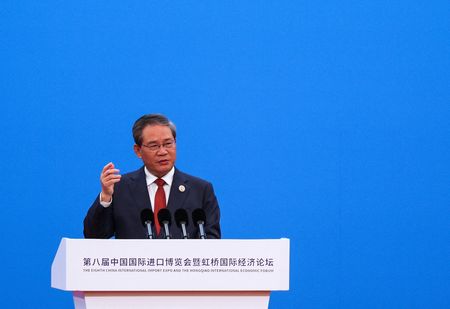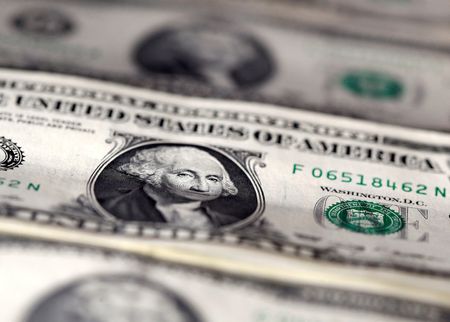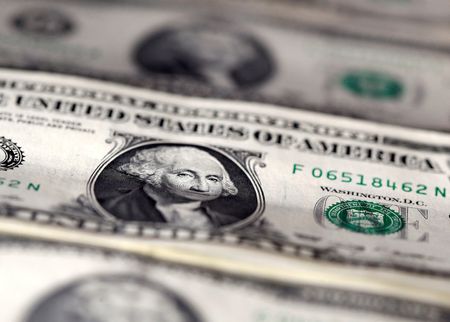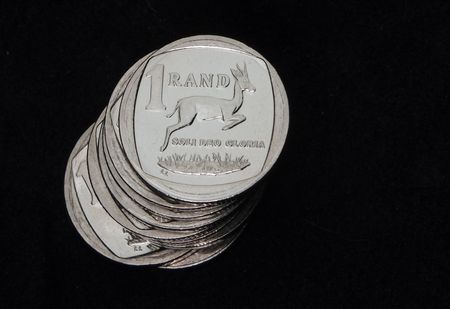By Scott DiSavino
NEW YORK (Reuters) -Oil prices eased about 1% on Friday to settle at one-month lows as the U.S. pushed for a Russia-Ukraine peace deal that could boost global oil supplies, while uncertainty over U.S. interest rates curbed investors’ risk appetite.
Brent futures fell 82 cents, or 1.3%, to settle at $62.56 per barrel, while U.S. West Texas Intermediate (WTI) crude slid 94 cents, or 1.6%, to settle at $58.06.
Both crude benchmarks were down about 3% for the week and at their lowest settlements since October 21.
Market sentiment turned bearish as Washington pushed for a peace plan between Ukraine and Russia to end the three-year war, while sanctions on Russian oil producers Rosneft and Lukoil were set to take effect on Friday.
Ukrainian President Volodymyr Zelenskiy warned on Friday that Ukraine risked losing its dignity and freedom — or Washington’s backing — over a Washington peace plan that endorses key Russian demands, a proposal U.S. President Donald Trump said Kyiv should accept within a week.
Russian President Vladimir Putin said on Friday that U.S. proposals for peace in Ukraine could be the basis of a resolution of the conflict but that if Kyiv turned down the plan then Russian forces would advance further.
A peace deal could allow Russia to export more fuel. Russia was the second-biggest producer of crude oil in the world after the U.S. in 2024, according to U.S. federal energy data.
“With the news of talks coming just as U.S. sanctions on Russia’s two largest oil companies are due to take effect today, oil markets saw some relief on risks to Russian oil supply,” said Jim Reid, a managing director at Deutsche Bank.
However, a peace deal could be some way off.
“An accord is far from certain,” ANZ analysts said in a note to clients, adding that Kyiv has repeatedly dismissed Russia’s demands as unacceptable.
“The market is also becoming sceptical that the latest restrictions on Russian oil companies Rosneft and Lukoil will be effective,” the analysts said.
Lukoil has until December 13 to sell its huge international portfolio.
A stronger U.S. dollar also weighed on oil prices. The greenback hit a six-month high versus a basket of other currencies, making dollar-priced oil more expensive for many global buyers.
On U.S. interest rates, Dallas Fed President Lorie Logan called for leaving the policy rate on hold “for a time” while the central bank assesses how much of a brake the current level of borrowing costs is putting on the economy.
Boston Fed President Susan Collins said policy was in the right place, suggesting she remains skeptical of the need to cut rates again at next month’s meeting.
New York Fed President John Williams said the central bank can still cut interest rates “in the near term” without putting its inflation goal at risk.
Lower interest rates could boost economic growth and oil demand.
In other economic news, U.S. factory activity slowed to a four-month low in November as higher prices because of tariffs on imports restrained demand, leading to a piling up of unsold goods that could hinder growth in the overall economy.
(Reporting by Scott DiSavino in New York and Anna Hirtenstein in London. Additional reporting by Helen Clark and Trixie Yap. Editing by Mark Potter, Susan Fenton and David Gregorio)










